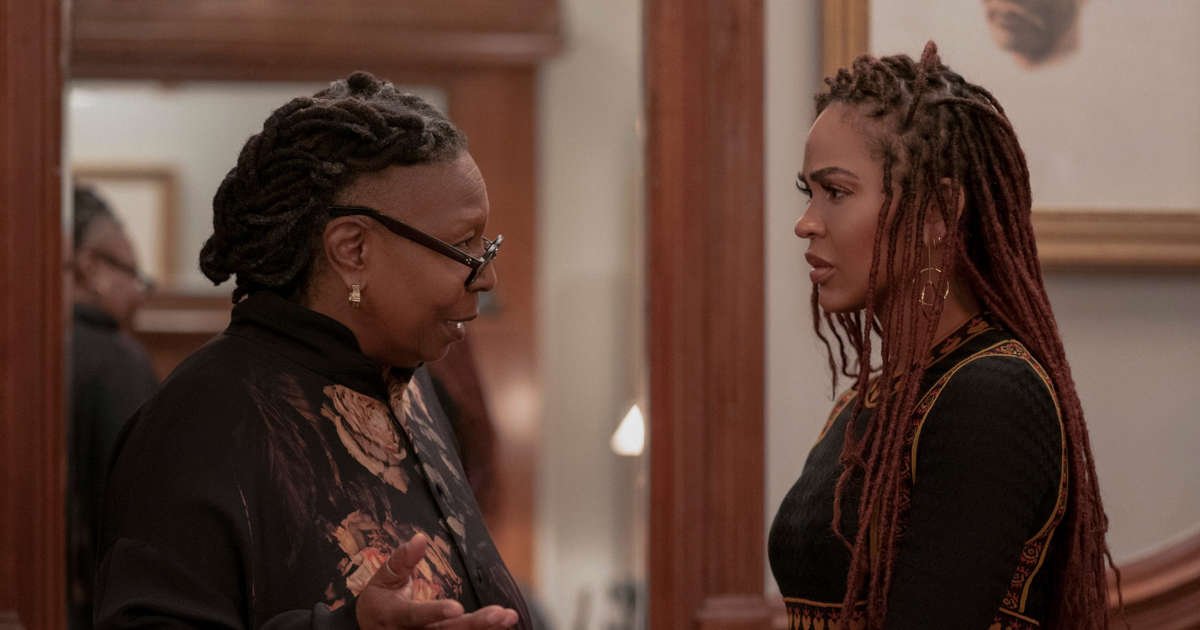Harlem on Amazon Prime: is Camille’s activism legit?
On December 3, Amazon Prime released Harlem. The show, by Tracy Oliver, focuses on the lives of four Black women in New York City, specifically in Harlem. It is in this neighborhood where love, friendship, and family matter more than anywhere else.
The protagonist of the show is Camille (Meagan Good), who looks like a Carrie Bradshaw, but in academia. In fact, Camille is an anthropologist who teaches at Columbia. Her friends are Tye, Quinn, and Angie. Sure, the show sounds a lot like Sex And The City, but of course with the melanin in it and with another type of New York that serves as visual background.
Besides the romantic and friendship aspects, which are at the center of the show, what is important to observe in this show is Camille’s work and approach to activism. As a Black anthropologist, Camille comes off as a socially woke academic person, ready to point out injustices and highlight the victories of her community. But there’s a scene where in response to the opening of a new uppity-gentrified restaurant Camille and her friends express disgust and anger but don’t actually take concrete action - they come up with some excuses in a matter of seconds, without hesitation.
I started thinking about the many times where I as Giulia have tried to make her peers involved in certain activities, by calling them out and sharing educational resources, with little interest in response to my actions. Or even at the times where I chose to not be outspoken on certain matters, simply because they seemed inconvenient to me to talk or write about. I’m a Black activist, but I do live in a certain bubble of comfort. Even if I’m an immigrant, an international student, a non-American Black woman, I have certain privileges that come with the fact that I’m in New York, I’m a polyglot, and I’m earning a Master’s degree. Some battles that are in my community aren’t necessarily my struggles. The same goes for the community of creatives: our activism is heterogenous and we must be aware of such fact.
Camille becomes surprised when she finds out that she has competition at her job when she finds out that her academic material isn’t outstanding enough, nor suitable to an older generation.
Camille is also challenged by her own people and other dynamics. Camille’s dream job is to become a tenured professor at Columbia. In order to do so, she has to prove her work and professionalism in front of her department and the rigid mentor, played by Whoopi Goldberg. Although Camille has a huge and solid social media following, is popular among her peers, and has an aesthetically-pleasing appeal (she’s very beautiful) that charms everyone, she isn’t exactly the most perfect Black activist.
As a Black-mixed, immigrant woman in school (hence, in academia), seeing Camille’s behavior in certain situation pushed me into questioning how much our activism, as young women of color in big cities like NYC, LA, Atlanta, Miami, etc. has an impact in other parts of the world. How many things can we afford to say no to, due to the fact that we live in modern and dynamic cities where certain issue can be overlooked? How can we people in school, professional activist, and creatives, involve our communities and speak up? And ultimately, does social media make you a better scholar, with all its validation that comes to support your work and popularity?
There are different reviews out there that analyze this series, but I personally believe that this show has the potential to be a good tv product, long-term speaking. I hope to see more scenes and dynamics where through love and friendships we can see a realistic representation of what social activism is, may be perceived, and might be welcomed among the communities.
You can watch the first season (10 episodes, 35 minutes ca each) here.



